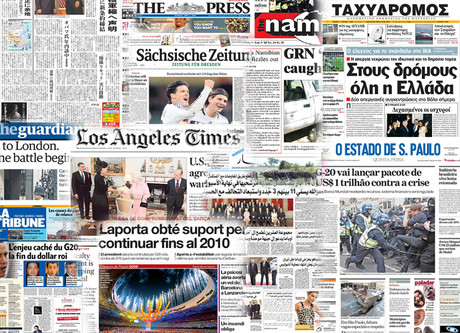The call to action follows a day-long event featuring roundtable discussions and high profile keynote speakers including Maria Ressa, CEO of Rappler (Philippines), Stella Paul, Award Winning Freelance Journalist (India), Tran Le Thuy, Former editor in chief, VN Express Online (Vietnam), and Ei Ei Toe Lwin, Chief of Staff/Reporter, The Myanmar Times (Myanmar).
The recommendations for developing Leadership are as follows:
Media should take steps to:
- Provide leadership development for high-potential women journalists
- Deliver training to help overcome the confidence gap
- Help women journalists create their own professional networks
- Achieve a gender balance in the newsroom, using key measurable data rather than assumptions to track change
- Establish and clearly communicate a gender policy throughout an organisation
- Provide sensitisation and education to all staff around gender bias in news content
- Develop policies that support journalists with families, to increase retention and encouraging staff to remain in the profession
- Provide safe spaces for women journalists where requested
The recommendations on Safety/Harassment are as follows:
Media should take steps to:
- Provide safety training for women covering conflict and dangerous assignments
- Strengthen safety protocols and risk assessment procedures, and develop safety policies for women journalists
- Organise ethics and harassment training for all staff in the newsroom
45 journalists from Cambodia, Myanmar and Vietnam took part in the day-long Summit, which also marked the formal launch of Women in News Southeast Asia.
Women in News (WIN) aims to increase women’s leadership and voices in the news. It does so by equipping women journalists and editors with the skills, strategies, and support networks to take on greater leadership positions within their media. In parallel, WIN partners with media organisations to identify industry-led solutions to close the gender gap in their newsrooms, boardrooms and in the content they produce.
WIN is currently working with more than 80 media from 12 countries throughout Sub-Saharan Africa and the Middle East including: Botswana, Kenya, Malawi, Rwanda, Somalia, Tanzania, Zambia, and Zimbabwe (WIN Africa) and Egypt, Jordan, Lebanon and Palestine (WIN MENA).
WIN Southeast Asia launched in early 2018. WIN is supported by the Swedish International Development Cooperation Agency (Sida) and the Norwegian Ministry of Foreign Affairs.





